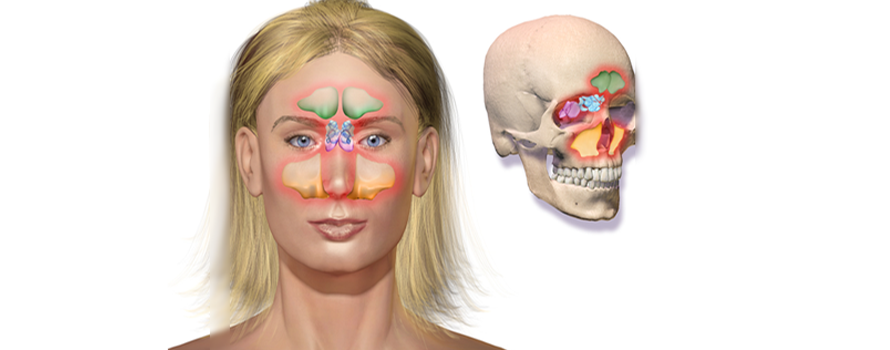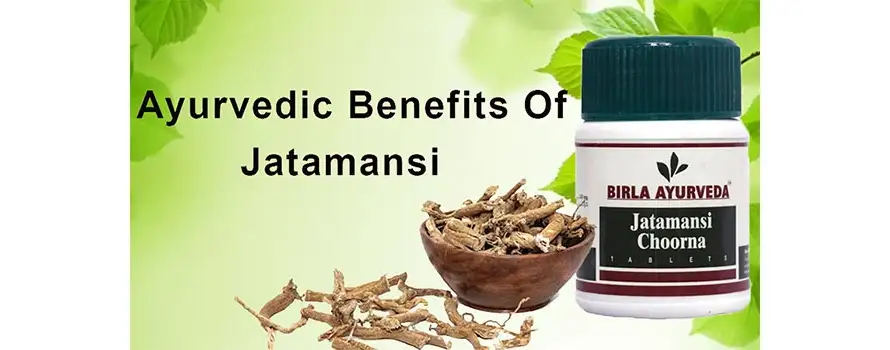For some people, having a bowel movement every other day is quite normal (though Ayurveda would still recommend some strategies to increase regularity). Some people can tell they are constipated after just one day without having a bowel movement. As with most things in Ayurveda, the context of each individual (and his or her experience of the event) is significantly more significant than any universal description of what is healthy or normal.
Constipation in the winter might be an unexpected occurrence in persons who are not prone to it. It develops as a result of numerous circumstances, including dietary and lifestyle changes.
What is Constipation?
Constipated stools are those that are hard to pass or that stop moving entirely for a period. But it’s common for one or more of the following signs to coexist with constipation:
- Constraints when going to the loo
- The inability to pass stool
- The impression that a bowel movement was incomplete
- A sensation of obstruction
- The faeces itself can be hard, dry, and pellet-like (but do not have to be in order for someone to be experiencing constipation)
What causes constipation?
Numerous factors, such as dietary practices, drugs, and medical conditions, might contribute to constipation in winter.
Ayurveda describes three separate Doshas or forms of energy operating in the body. Everyone possesses all three Doshas, but usually just one is dominant. A person’s dominant Dosha is reflected in their physical characteristics, behavioural patterns, and health vulnerabilities.
Below is a summary of the three Doshas:
- Vata: a type of energy related to air, space, and movement
- Pitta: a kind of energy associated with metabolism, fire, and water
- Kapha: an energy type related to the body frame, the earth, and water
When combined, these Doshas govern how your body functions. An imbalance between them can lead to disease, dysfunction, or illness.
According to Ayurvedic medicine, constipation is brought on by an imbalance of the Vata Dosha, which has its focal point in the colon.
The Ayurvedic Perspective
According to Ayurveda, constipation results from Vata’s cold and dry properties upsetting the colon and obstructing it from functioning normally. Rehydrating, warming up the system, and adding oil are the treatments for too much Vata. Because they specifically address the chilly and dry qualities of Vata, the following recommendations and medications can be very helpful in supporting the restoration of regular bowel movements and eliminating constipation in winter.
Consume a lot of hot or warm water and herbal tea
Drink at least 80 ounces of water or herbal tea each day. Because they balance Vata’s icy tendency, the finest fluids are warm and hot. The majority of these drinks should be consumed before or after meals, ideally at least 20 minutes ahead.
Take soaked flax seeds or milk with ghee
Consider consuming a cup of boiled milk with one or two tablespoons of ghee or cooking one tablespoon of flaxseeds for two to three minutes in a cup of water before going to bed. After the tea and seeds have cooled, sip them. Consume the drink before bed for at least an hour (preferably a couple of hours) after your final meal of the day.
Try Some Ayurvedic Medicines for Constipation
If you are sick and tired of having constipation all the time and changing your lifestyle isn’t helping, you might look into Ayurvedic treatment. Ayurvedic herbal preparations are used to encourage bowel movements and bring the digestive system back into balance. These remedies deal with the problem at its source to encourage bowel movements in a natural way.
- Abhayarishtam
It is a digestive syrup whose major ingredient is Haritaki. Haritaki is one of the best herbs for constipation. It can facilitate bowel movements and promote clearer digestion. While treating indigestion, it also lowers flatulence, bloating, and cramps. A little diuretic and laxative action is produced by Abhayarishtam. Another use for it is intestinal detoxification.
Benefits of Abhayarishtam:
- Traditional Ayurvedic medicine called Abhayarishtam is used to treat constipation.
- It is a hepatoprotective and immunomodulator.
- Helps to relieve prickling and itching in the anal region, constipation, and haemorrhoid pain.
Direction of Use:
The minimum effective dose, which can range from 12 to 24 ml, should be taken once or twice daily, ideally shortly after a meal. It can be diluted with an equivalent amount of water, or however, your ayurvedic doctor instructs.
- Hinguwadi Gulika
The Ayurvedic gastric remedy Hinguwadi Gulika can be used to treat a variety of conditions, including anorexia, indigestion, loss of appetite, abdominal discomfort, flatulence, bloating, dyspepsia, diarrhoea, hydrocele, epilepsy, asthma, cough, sprue, and malabsorption syndrome.
Benefits of Hinguwadi Gulika Tablets:
- Hinguwadi Gulika is one of the medications that is used the most frequently in Ayurvedic treatment for digestive disorders.
- It can be used to treat a variety of conditions, including anorexia, gastrointestinal discomfort, flatulence, acid reflux, heartburn, diarrhoea, and constipation.
Direction of Use:
1 to 2 tablets with water, before bedtime, or as directed by an Ayurvedic doctor.
- Avipathi Choornam
Overview:
It is utilised by the digestive and excretory systems. It neutralises the acidic secretion from the digestive tract and cures Pitta Dosha.
Benefits of Avipathi Choornam:
- A Pitta imbalance can lead to a number of ailments, but Avipathi Chooram promotes healing from these conditions.
- Additionally, it encourages good digestion and proper excretion, making it a useful treatment for constipation.
- It can only be ingested after consulting a physician.



